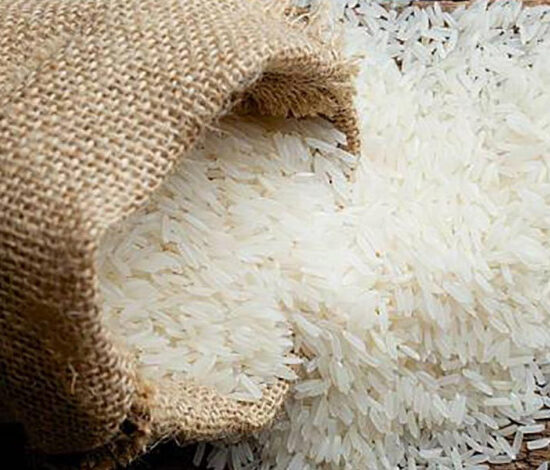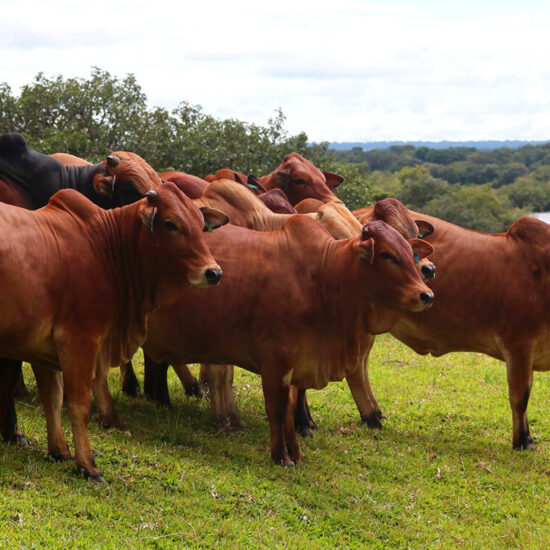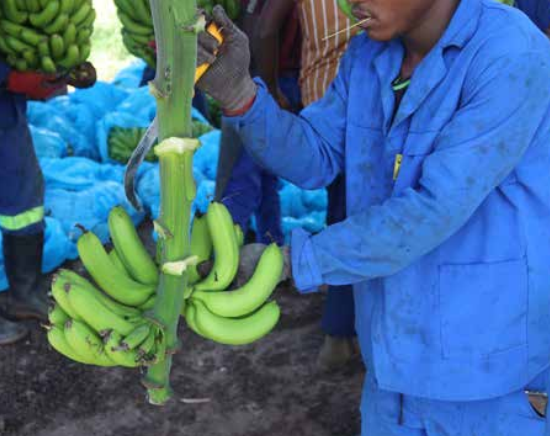
The Timber Producers Association of Zambia (TPAZ) has accused the Zambia Forestry and Forest Industries Corporation – ZAFFICO of distorting the pricing of Mukula timber logs in the country, in the process short changing local traders.
Association President Charles Musange questioned the role that ZAFFICO is playing as it’s actions have resulted in local Mukula timber traders being short changed and not fully benefitting from the lucrative Mukula trade.
TPAZ has challenged ZAFFICO to start declaring the real price at which it is exporting Mukula timber as the prices it’s buying from local traders is way too low when compared to the market prices.
Speaking in an exclusive interview with the Zambian Business Times – ZBT, Musange said the country and its local timber traders will not benefit from the timber industry with ZAFFICO in place as their buying prices are way to low when compared to market prices.
Musange told ZBT that ZAFFICO was buying a 25 tones container of Mukula timber logs at between K75,000 to K100,000 per container when TPAZ members have information from private buyers who are willing to pay US$37,000 [about K815,000] for the same 25 tonnes container of Mukula logs.
The Mukula timber trading is supposed to benefit indigenous Zambian traders but if you look at the buying price of K100,000 per 25 tones container of logs compared to the market offer price of about K815,000, the difference is too wide. Something is wrong somewhere.
And if ZAFFICO says they are selling at less than US$37,000, then there is need for investigating why they should sell or export at a price lower than what some buyers are offering even within Zambia.
Some Chinese and other foreign buyers are willing to buy at over US$37,000 per 25 tonne container of logs and this is were the catch is. If ZAFFICO is selling below market price, who is benefiting from the difference? And if they are selling at the market prices, why are they short changing local Zambian timber traders?
TPAZ has since called for the implementation of Timber Auction Floors as announced in the 2019 budget speech which would bring price transparency as opposed to propping up a monopoly exporter in ZAFFICO that has led to these price and market distortions.
Musange further told ZBT that as this stand, there might be a few individuals who are benefitting but not the whole country. Local Timber traders should be allowed to benefit from these high prices and not merely some selfish individuals. Timber exports should also contribute to increasing export earnings by locals.
He said ZAFFICO should instead focus on planting trees and developing nurseries as that is its original mandate and let the Ministry of Commerce, Trade and Industry or other more experienced government trade agencies handle the trade, not the Ministry of Lands who have no experience of expertise in economics of trade.
He added that the pronouncement made during the 2019 budget speech under then Financr Minister Margaret Mwanakatwe was that timber should be sold at an auction floor transparently, where all foreign importers of timber should bid and offer competitive prices.
He further suggested that an auction floor can be established in every timber producing province which would promote organised trade, unlike what is currently happening adding that an auction floor establishment is being sabotaged by some interest groups that are benefiting from the current opaque system.
Musange further challenged ZAFFICO to re-invest in softwood production which seems to have been abandoned. Zambia used to produce and sell softwood to Congo and even contributed to cutting down foreign exchange outflows from the country. But the institution seems to have now concentrated on hardwood only when there are other areas that they can serve the country better. More to follow as ZAFFICO was yet to respond to ZBT queries by press time.







